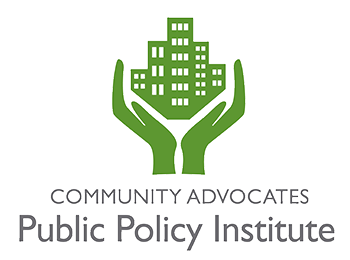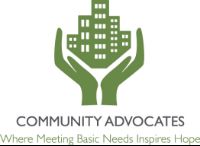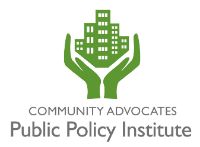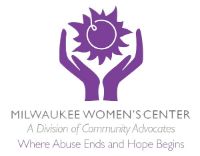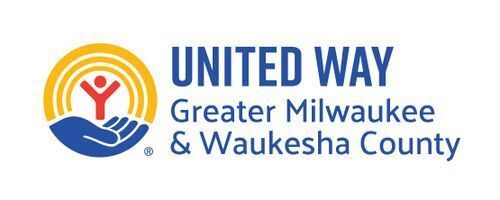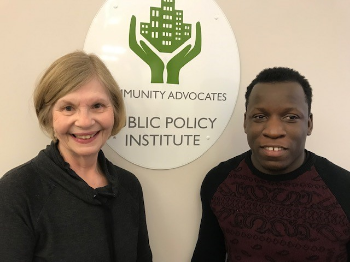
Would you know how to help someone who is having a panic attack? Who is having a psychotic episode? A bout of depression or serious thoughts of suicide?
Forget knowing how to help someone. Do you even know what these experiences look like?
Raising awareness of mental health and substance use challenges and learning how to intervene to provide early support is the focus of Mental Health First Aid for Adults offered by Community Advocates Public Policy Institute's Jeremy Triblett and Jan Buchler.
The training uses a "first aid" approach, as participants learn how to provide early intervention during a potential crisis and then encourage that person to get connected to appropriate professional services if warranted.
"This workshop prepares participants to respond to mental health crises in ways that are helpful, and to meet someone in their need," Buchler said.
The training begins with an overview of mental health challenges and explores why people may or may not access help -- for example, because of a lack of accessible mental health professionals or because of stigma around mental illness. Therefore, nonprofessionals who are attuned to mental health issues can provide initial assistance during a crisis.
"You might have experiences in your life when you need to snap into action," Triblett told those who attended a March 18 training.
Triblett encouraged participants to become more sensitive to those around us and be proactive about building positive coping skills.
"The best protective factor is connection," Triblett said. "It's really important that we connect people with other people."
Then, Triblett and Buchler delved into common mental health challenges and explained how a specific five-step process can be used during a potential mental health crisis. They explored how to assess and respond when someone is dealing with depression, anxiety, trauma, self-injury or risk of suicide, panic attacks, substance use disorder, or untreated psychosis, schizophrenia, or bipolar disorder. Participants use case studies, videos, and small group discussions to make the material come to life.
"We want to help that person find hope for themselves," Triblett said.
© 2019 Community Advocates Public Policy Institute. All rights reserved.
